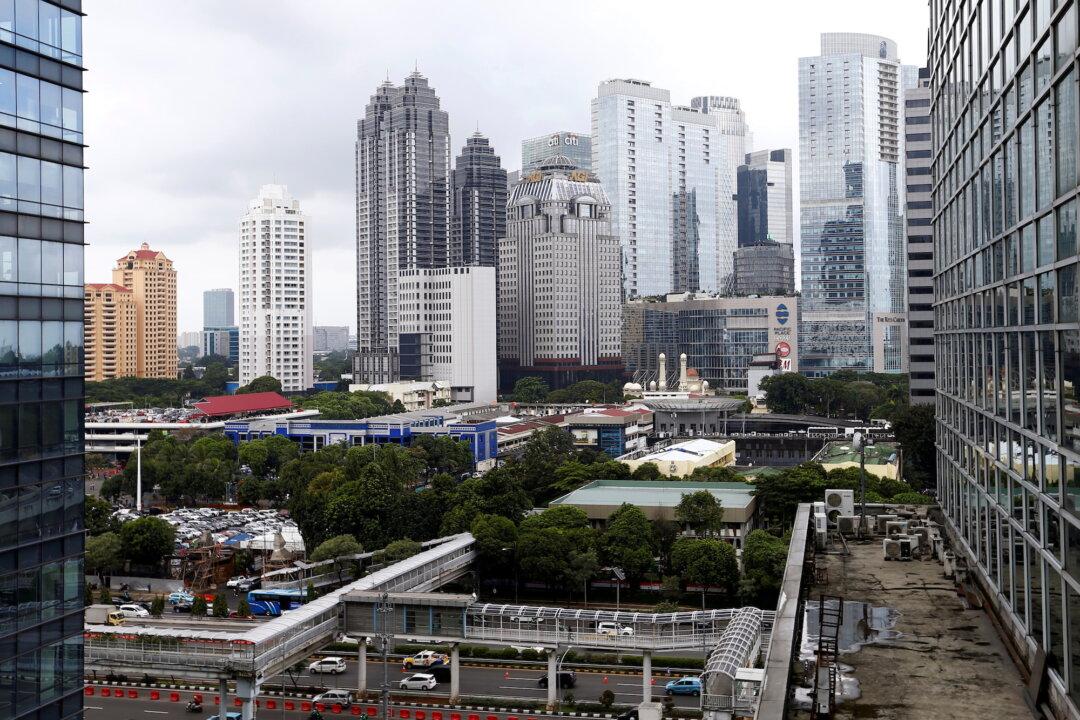Commentary
Nothing in the global balance seems certain as 2022 evolves. Certainly not in the Indo-Pacific, where China hovers between the hope of strategic growth abroad and the reality of economic contraction at home.

Nothing in the global balance seems certain as 2022 evolves. Certainly not in the Indo-Pacific, where China hovers between the hope of strategic growth abroad and the reality of economic contraction at home.